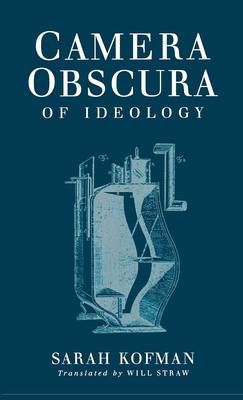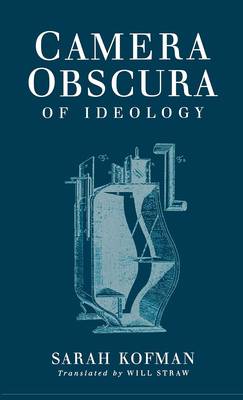
- Retrait gratuit dans votre magasin Club
- 7.000.000 titres dans notre catalogue
- Payer en toute sécurité
- Toujours un magasin près de chez vous
- Retrait gratuit dans votre magasin Club
- 7.000.0000 titres dans notre catalogue
- Payer en toute sécurité
- Toujours un magasin près de chez vous
Camera Obscura
An Archeological Survey from the Paleolithic to the Iron Age
Sarah KofmanDescription
Marx, Freud, Nietzsche--in vastly different ways all three employed the metaphor of the camera obscura in their work. In this classic book--at last available in an English translation--the distinguished French philosopher Sarah Kofman offers an extended reflection on this metaphor. She contrasts the mechanical function of the camera obscura as a kind of copy machine, rendering a mirror-image of the work, with its use in the writings of master thinkers. In her opening chapter on Marx, Kofman provides a reading of inversion as necessary to the ideological process. She then explores the metaphor of the camera obscura in Freud's description of the unconscious. For Nietzsche the camera obscura is a "metaphor for forgetting." Kofman asks here whether the "magical apparatus" of the camera obscura, rather than bringing about clarity, serves some thinkers as fetish. Camera Obscura is a powerful discussion of a metaphor that dominates contemporary theory from philosophy to film.
Spécifications
Parties prenantes
- Auteur(s) :
- Traducteur(s):
- Editeur:
Contenu
- Nombre de pages :
- 112
- Langue:
- Anglais
Caractéristiques
- EAN:
- 9780801436413
- Date de parution :
- 10-12-98
- Format:
- Livre relié
- Format numérique:
- Genaaid
- Dimensions :
- 140 mm x 216 mm
- Poids :
- 299 g

Les avis
Nous publions uniquement les avis qui respectent les conditions requises. Consultez nos conditions pour les avis.






